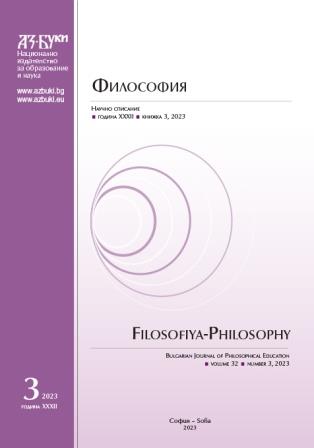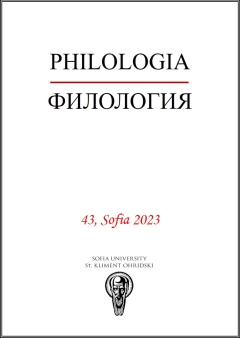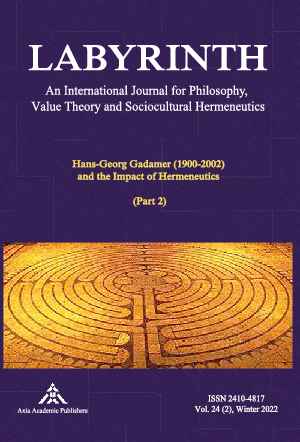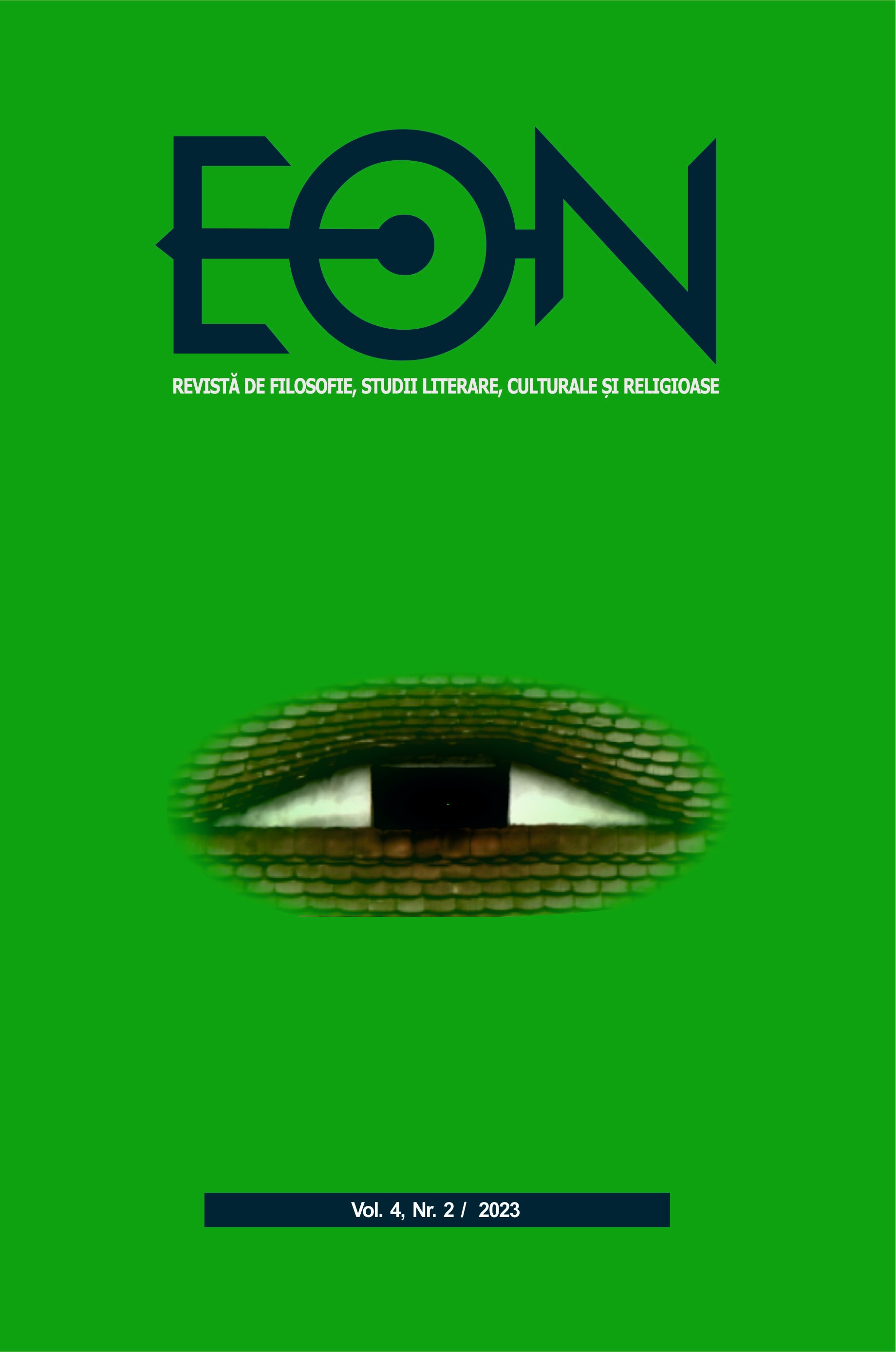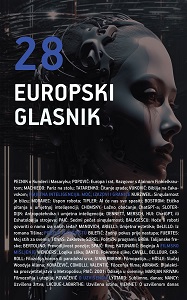Author(s): Pier Alberto Porceddu Cilione / Language(s): English
Issue: 2/2022
This contribution thematizes the Gadamerian legacy in the context of the Italian philosophical debate, attempting to understand whether this debate can contribute to rethink the vitality of the hermeneutic tradition and the future of its possible developments. When, in 1972, Gianni Vattimo, one of the key figures in contemporary Italian thought, published his seminal translation of Truth and Method, Gadamerian themes began to circulate, in Italy, based on a specific interpretation: The Italian hermeneutic debate received the project of Truth and Method as a kind of philosophical defense of the humanistic tradition. As the inventor of the "weak thought," Vattimo defended the idea that the 'weakening' of the project of the world's scientific rationalization could enhance other experiences related to truth, namely humanistic, artistic, literary, and religious ones. Just like then, the triumph of scientific rationality and calculative thinking places contemporary hermeneutics in front of a daunting task. One must ask whether hermeneutics, in order to remain faithful to the Gadamerian project, should remain essentially a project of metatheoretical foundations of textual interpretation, endowed with a historically and linguistically informed approach, or it should rather radically rethink its relationship to the problem of 'method.' To avoid this deflation of the Gadamerian tradition, one possible way forward is to orient hermeneutic research toward a 'hard' and philosophically grounded idea of objectuality/objectivity, but at the same time not methodologically sterile, that is, not flattened on the methods of the 'hard sciences'.
More...
